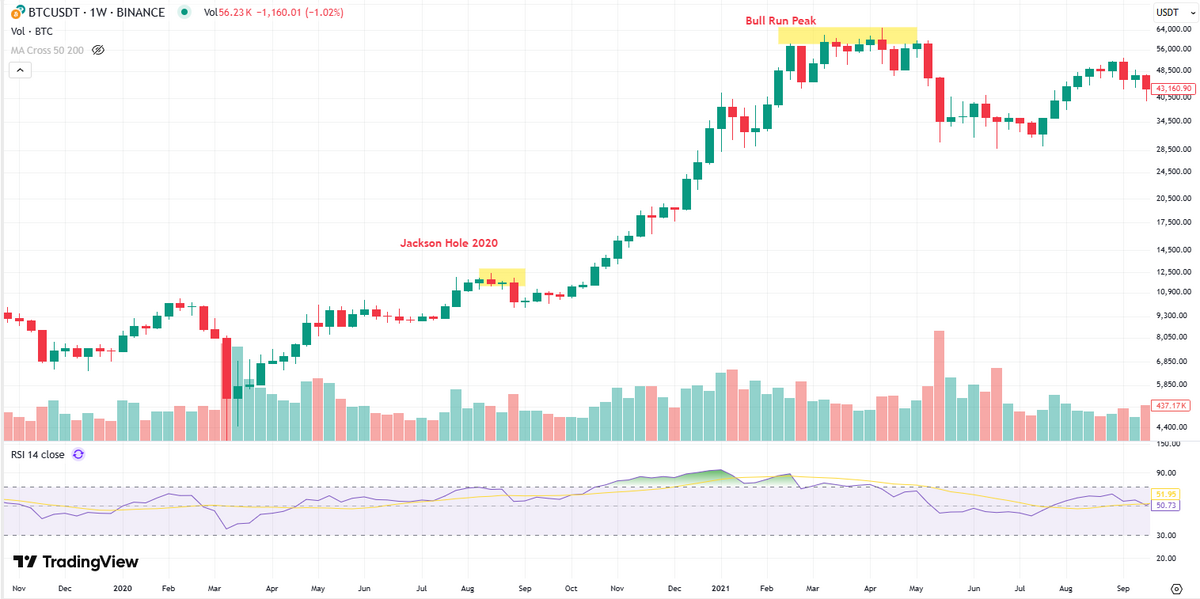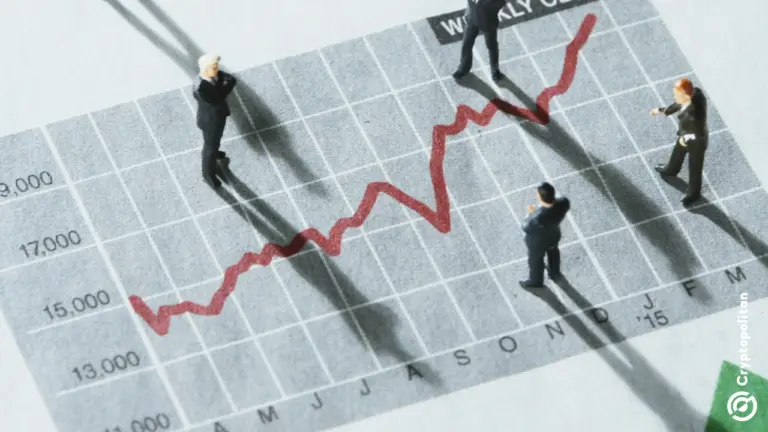Ethereum Eyes New Transaction Limit to Boost Network Stability and Security
Ethereum may soon introduce a cap on the amount of gas a single transaction can consume, under a new proposal co-authored by Ethereum co-founder Vitalik Buterin and researcher Toni Wahrstätter.
Ethereum may soon introduce a cap on the amount of gas a single transaction can consume, under a new proposal co-authored by Ethereum co-founder Vitalik Buterin and researcher Toni Wahrstätter.
Known as EIP-7983, the proposal recommends limiting individual transaction gas usage to 16.77 million units—a measure designed to enhance network performance and mitigate the risk of denial-of-service (DoS) attacks.
Currently, a single transaction can theoretically consume an entire block’s gas limit, creating potential instability across the network. By enforcing a hard cap on transaction-level gas consumption, EIP-7983 aims to mitigate this vulnerability while keeping the overall block gas limit unchanged.
If implemented, any transaction that attempts to exceed the 16.77 million gas threshold would be automatically rejected during block validation. This change would ensure a more equitable allocation of network resources and enhance fee predictability for users, promoting healthier transaction dynamics.
 Source:
ethereum/ EIPs.
Source:
ethereum/ EIPs.
In addition to its security implications, the proposal encourages developers to decompose large transactions into smaller, modular parts. This modularization aligns well with the requirements of zk-based execution environments, such as those leveraging zero-knowledge proofs, where efficiency and scalability depend on smaller computation units.
Importantly, EIP-7983 does not alter Ethereum’s existing consensus mechanism. Validators and miners would retain control over the total block gas limit but with a new protocol-level restriction ensuring no single transaction can dominate the block.
The proposal was published on July 6 and remains under community discussion. If adopted, it could play a key role in boosting Ethereum’s scalability, security, and stability.
Meanwhile, Buterin has also released a separate blog post focusing on protecting Ethereum’s censorship resistance as the network scales. In it, he stressed the importance of making node operation more accessible to individual users, warning against an increasing reliance on centralized Remote Procedure Call (RPC) providers. According to Buterin, empowering users to run their nodes is essential to maintaining Ethereum’s neutrality, decentralization , and long-term resilience.
Disclaimer: The content of this article solely reflects the author's opinion and does not represent the platform in any capacity. This article is not intended to serve as a reference for making investment decisions.
You may also like
Jackson Hole 2025: Will Powell Spark Another Crypto Bull Run?

Kanye West YZY memecoin hits $3B, but falls after insider concerns

Asian markets remained mixed while oil extends gains into second day
Share link:In this post: Asian markets stayed mixed as investors await signals on US interest rates, while EU stocks slipped. Oil prices rose for a second straight day after US crude stockpiles fell sharply and gasoline supplies kept dropping. Brent crude stayed above $67 a barrel but remains down over 10% this year with oversupply fears lingering.

US and European Union have reached a trade deal – Here are the terms
Share link:In this post: The US and European Union have finalized a trade deal, easing tariff tensions and securing new commitments on industrial and agricultural goods. Washington agrees to lower auto tariffs to 15% once Brussels enacts reductions, while Europe pledges $750B in US energy purchases. The pact also covers digital trade, climate rules, and sustainability regulations, aiming to prevent barriers for transatlantic businesses.

